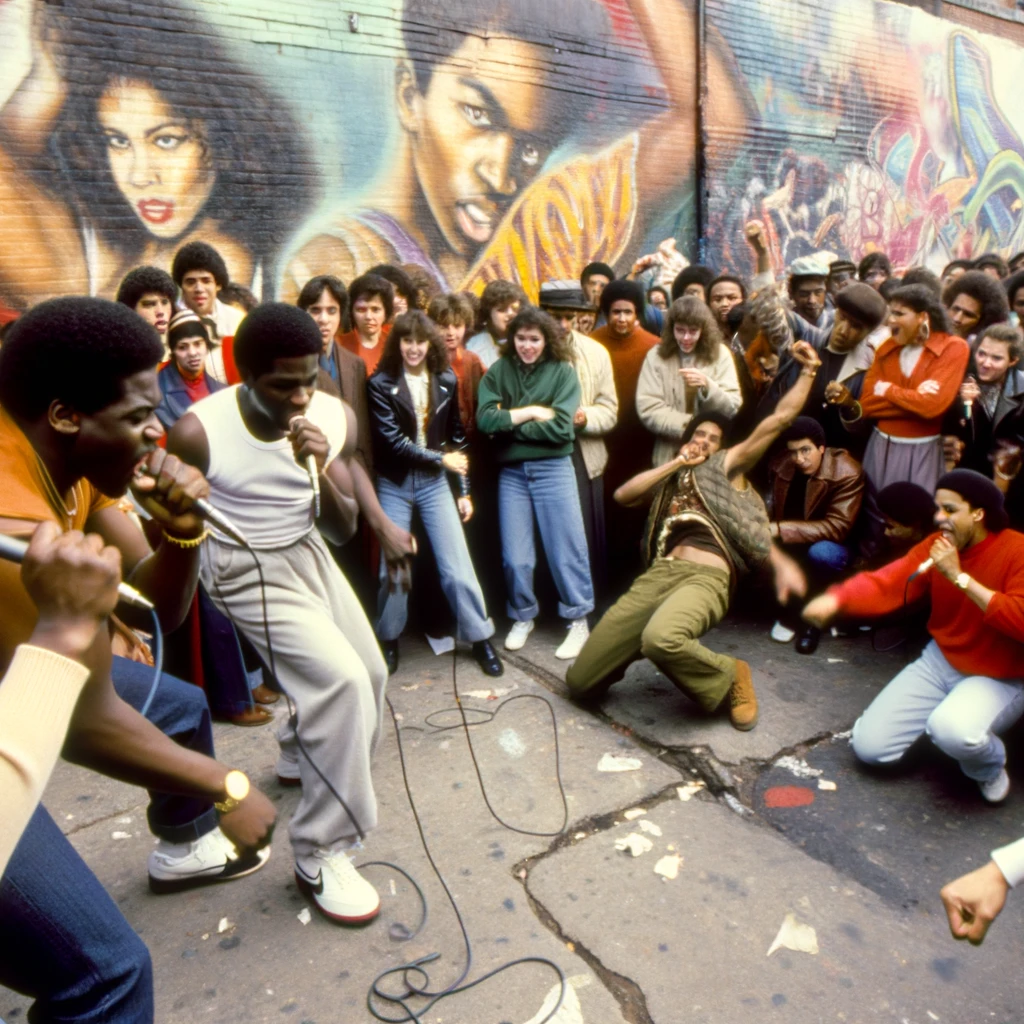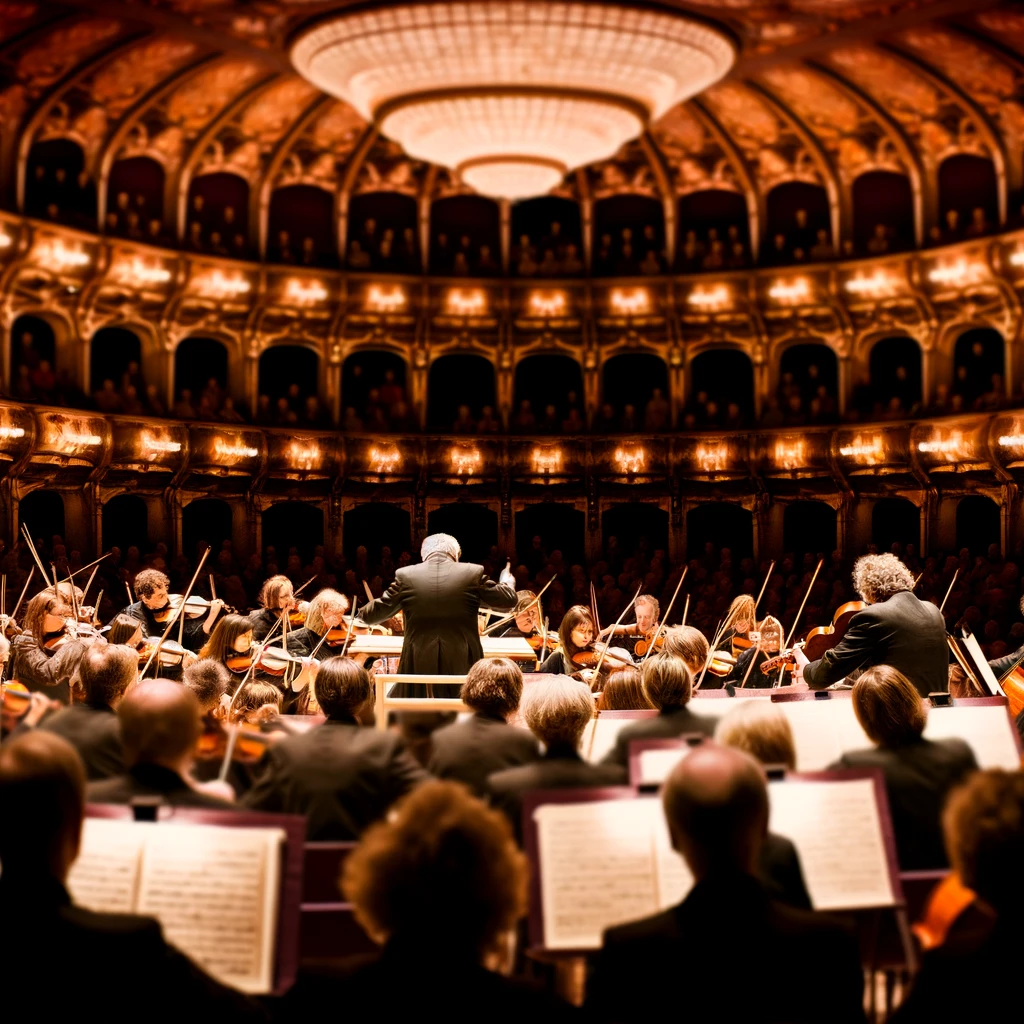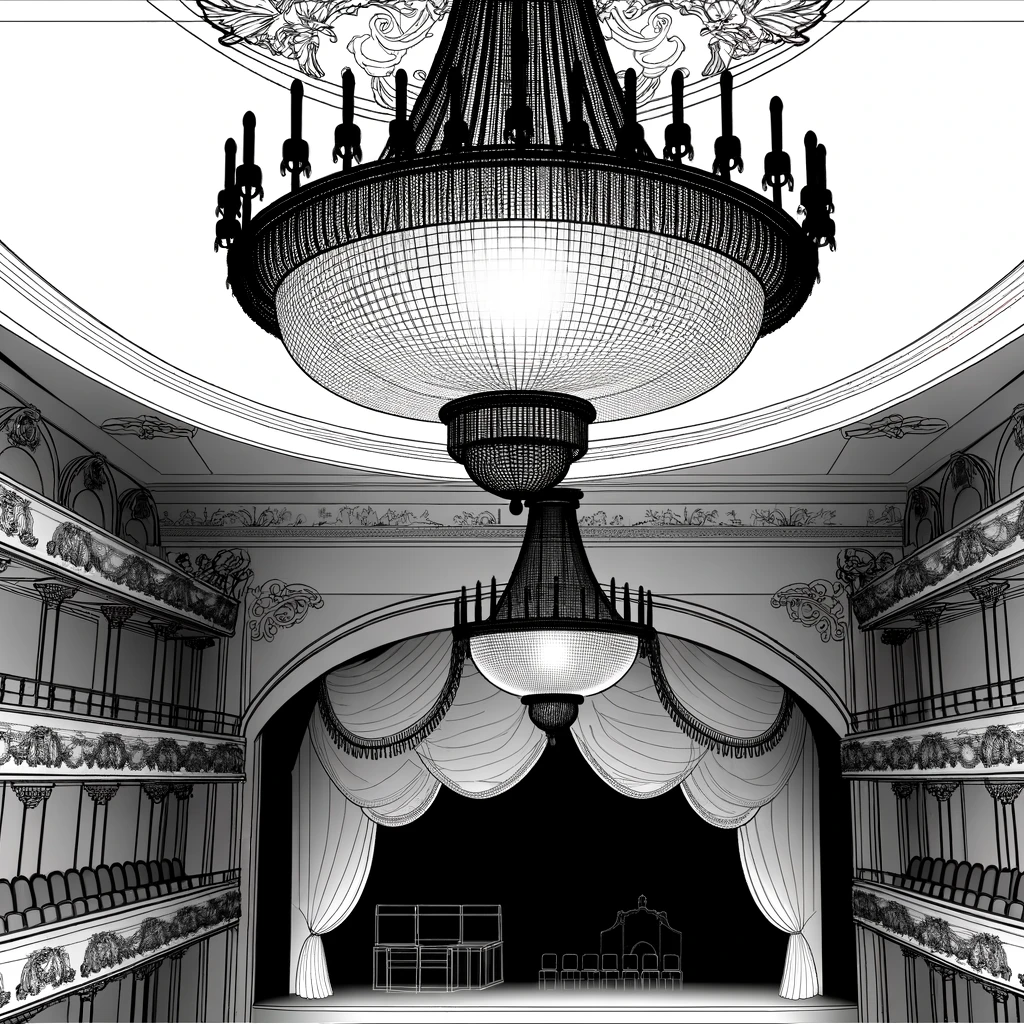Related Articles











Opera, a magnificent synthesis of music, drama, and visual arts, has captivated audiences worldwide for centuries. For those new to this art form, opera can seem daunting with its elaborate productions and foreign languages. This guide aims to demystify opera and introduce you to its enchanting world, helping you appreciate its timeless appeal.
Opera is a theatrical art form that combines singing, orchestral music, acting, and sometimes dance to convey a story. Originating in Italy around the 16th century, opera has evolved over time, incorporating elements from various cultures and languages. The term 'opera' itself means 'work' in Italian, reflecting the collaborative effort of composers, librettists, directors, and performers.
Operas are typically divided into acts and scenes, much like plays. Each act contains a series of musical numbers interspersed with recitative, a style of delivery that mimics speech and advances the plot. The main vocal components include:
Operas can be broadly categorized based on their themes and musical styles:
Also known as 'serious opera,' this style focuses on dramatic themes, often depicting historical or mythological stories. Composers like Handel and Gluck are renowned for their contributions to this genre.
Known as 'comic opera,' this genre features light-hearted, humorous themes, often satirizing societal norms. Mozart's The Marriage of Figaro is a classic example of opera buffa.
A style that emphasizes beautiful singing and vocal agility, bel canto operas showcase the singer's technical skills. Composers like Rossini and Donizetti are celebrated for their bel canto works.
For newcomers, starting with some of the most renowned operas can provide a captivating introduction to the art form:
To fully enjoy opera, it's helpful to understand the context of the performance:
Opera's majesty lies in its ability to evoke powerful emotions and tell compelling stories through music and drama. Whether you're drawn to the grandeur of opera seria or the charm of opera buffa, this art form offers something for everyone. As you embark on your journey into the world of opera, you'll discover a rich tapestry of human experience that continues to resonate with audiences around the globe.